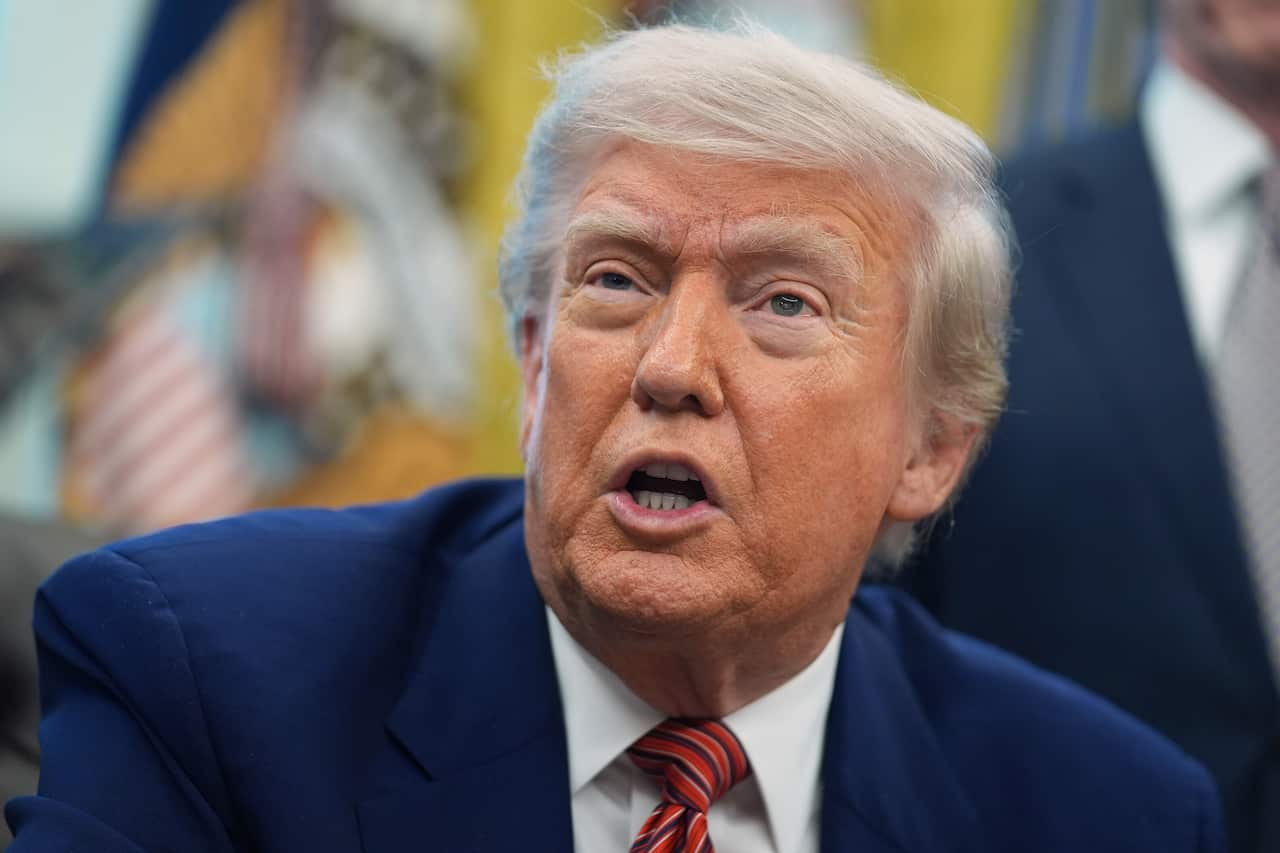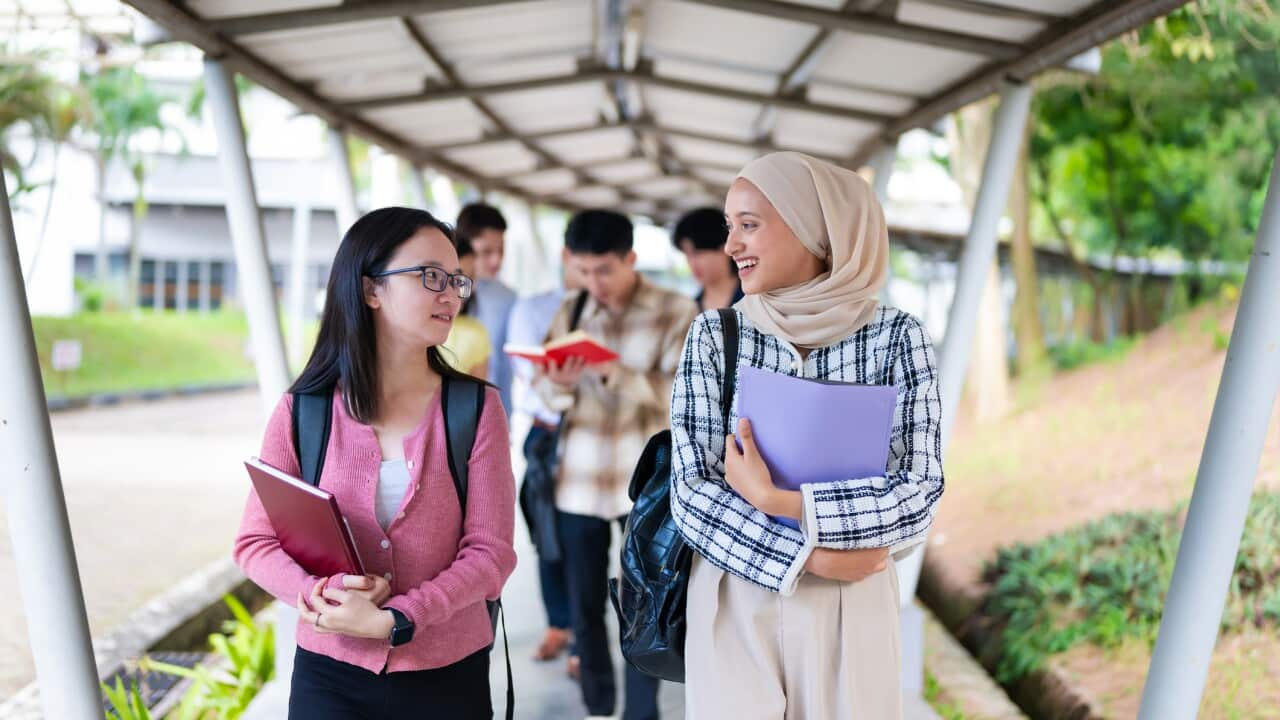The addition of 25,000 student enrolments for next year has been welcomed by the university sector, despite questions about how to unlock the placements.
On Monday, Education Minister Jason Clare announced a National Planning Level of 295,000 international student places for 2026 to manage growth in a "sustainable" way.
The government will issue a new direction for the changes, replacing Ministerial Direction 111, which acted as a de facto cap and enabled it to reduce numbers by slowing visa processing and assigning quotas for international students to each university.
Clare announced two caveats for universities to gain additional placements: student housing and a focus on Southeast Asian neighbours.

Phil Honeywood, CEO of the International Education Association of Australia (IEAA), welcomed the 9 per cent increase but highlighted that the levels were still lower than during the pandemic.
"Any increase in the enrolment figures from the government is very welcome ... however, it's patchy," he told SBS News.
"Our English language colleges are collapsing as we speak because of the combination of high student visa fees and just a concern that the future for Australian international education is not fantastic."
Regional Universities Australia CEO Alec Webb reacted to the news with "positivity", praising the fact that "no university will go backwards in 2026".
"It definitely signals that Australia is still open for business, and Australia should still be a destination that is being considered for prospective international students," Webb told SBS News.
New housing critical to extra placements
Universities will have to demonstrate stronger engagement with Southeast Asia and progress in providing secure student accommodation for both local and international students in order to apply for an increase in their allocation.
While Honeywood encouraged the pivot to closer neighbours such as Thailand and Indonesia — "great student source markets" — he expressed concern about housing backlogs.
"It's taking purpose-built student accommodation companies anything up to three years to get a project approved and commence construction. So it's a long game," he said.
It's a concern also expressed by Webb, who hopes universities will get clarity around housing expectations soon, as well as more information about how the 25,000 placements will be split between metro and regional universities.
"Obviously, that can't be a new site build, there is an incredible amount of delay and lag associated with not only obtaining the planning permissions, but also with the actual construction itself," he said.
"So we're very keen to work with the department and the government to better understand what the expectation is in regards to securing the supply of housing."
SBS News has contacted Clare for comment.
The focus on housing reflects the intersection between education and migration, a point exacerbated during the federal election campaign.
Former Opposition leader Peter Dutton said the housing crisis had been exacerbated by record levels of migration, which peaked at 536,000 in 2022-23, and used it to justify proposed cuts to migration levels.
In opposition to Labor's student cap legislation last year, Greens senator Mehreen Faruqi argued that international students are being used as a "scapegoat" for a "housing crisis they did not cause".
Australia 'the least worst' option
The sector has repeatedly raised concerns that the ongoing debate about international student numbers is deterring prospective students from choosing Australia, delivering a blow to the $34 billion a year industry.
However, Honeywood says Australia can capitalise on recent disruption to the global market caused by Donald Trump's presidency in the United States.
"Australia's been very fortunate that other countries we compete against, particularly Canada, Donald Trump's USA now and the UK are also winding back on international student recruitment," he said.
"And therefore when students are thinking which country to go and study at, they're obviously seeing that Australia is in many cases the least worst when it comes to their ability to access education."

This week's announcement outlines capacity for 2026 ahead of new legislation, subject to passing, which will establish the Australian Tertiary Education Commission.
The body will oversee student caps and university allocations, balancing which courses and skills are needed and hopes to provide stability to the sector from 2027.
For the latest from SBS News, download our app and subscribe to our newsletter.

